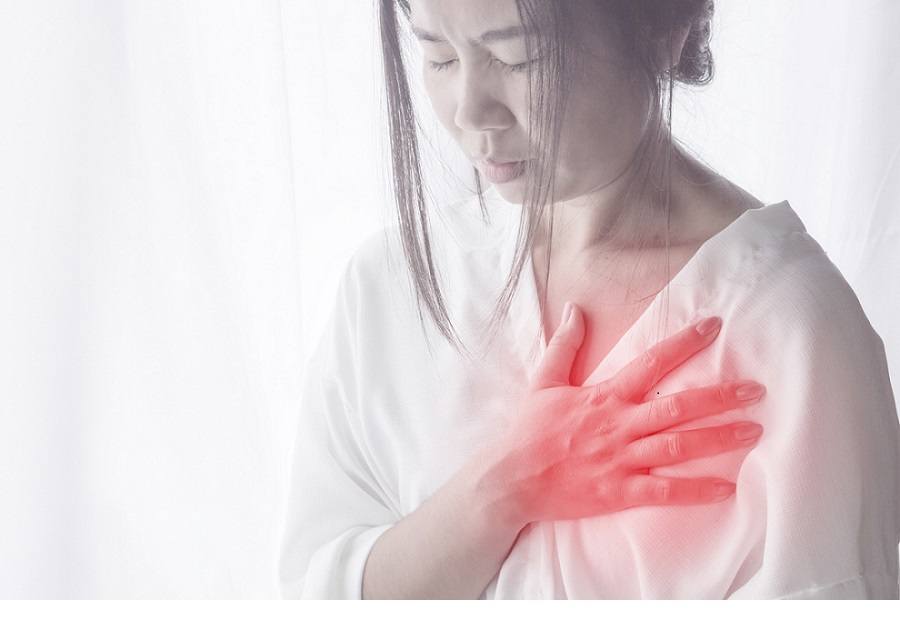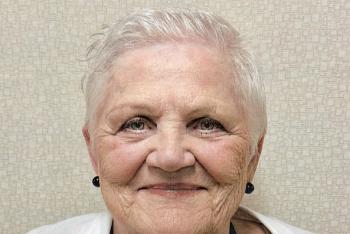Learn about how transcarotid artery revascularization (TCAR) compares to traditional treatments like...
Read More
Most people become familiar with heart attack symptoms from the movies—a person gasps, clutches their chest and collapses. However, real-life heart attacks often aren’t as dramatic, and they may not all come with chest pain.
Some people, particularly women and people assigned female at birth (AFAB), may experience lesser-known symptoms of a heart attack, such as shortness of breath, nausea or vomiting and jaw or back pain.
“Unfortunately, these symptoms can be overlooked or mistaken for something else,” said Ali Unwala, M.D., member provider of Cooper and Inspira Cardiac Care. “But if you don’t get help right away, the consequences can be just as severe or fatal.”
Learn more about the lesser-known symptoms of a heart attack so you can be prepared.
For Mike Tottin, a very healthy, active senior, his heart attack came as a complete surprise.
“The day before his heart attack, Mike was experiencing shoulder pain, but just blamed it on the hours of leaf blowing he had done,” said Dr. Unwala. “It wasn’t until the pain spread across his shoulders and became unbearable that he was rushed to the emergency room and underwent a life-saving emergency angioplasty to open a clogged coronary artery that was blocking blood flow to his heart.”
Mike’s experience serves as a reminder that not everyone experiences crushing chest pain during a heart attack.
Other lesser-known symptoms of a heart attack include:
“It's important to note that these symptoms can vary widely between individuals, and some people may not experience any chest pain at all during a heart attack,” said Dr. Unwala. “If you or someone you know is experiencing any of these symptoms, seek medical attention immediately.”
Heart attacks and heart disease are often preventable. To reduce your risk, adopt heart-healthy habits, such as:
“By being aware of the lesser-known symptoms of a heart attack and taking proactive steps to maintain heart health, you can significantly reduce your risk of experiencing a heart attack and live a longer, healthier life,” said Dr. Unwala.
To learn more about Cooper and Inspira Cardiac Care or make an appointment, visit us here.

Learn about how transcarotid artery revascularization (TCAR) compares to traditional treatments like...
Read More
Heart disease symptoms can manifest differently in women than in men, making early detection...
Read More
Meet Rosalind Jackson: At 82, she's unstoppable. Despite enduring multiple heart attacks, this...
Read More
The material set forth in this site in no way seeks to diagnose or treat illness or to serve as a substitute for professional medical care. Please speak with your health care provider if you have a health concern or if you are considering adopting any exercise program or dietary guidelines. For permission to reprint any portion of this website or to be removed from a notification list, please contact us at (856) 537-6772